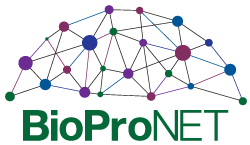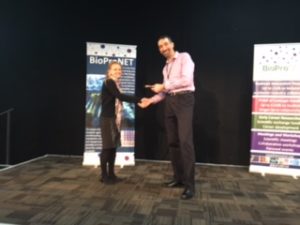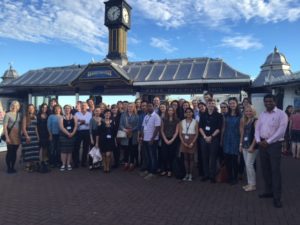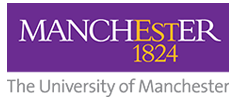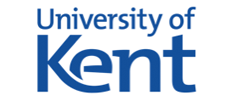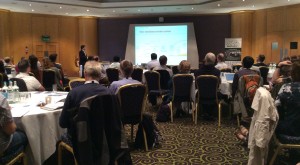
Over 75 BioProNET, BioCatNet and CBMNet members attended this joint NIBB (networks in industrial biotechnology and bioenergy) event, held on July 6th & 7th 2016 in Birmingham. After an introduction outlining the objectives of the event, attendees completed a ‘me profile’ describing who they were, their expertise, their dream project and what the next big development in their field of research could be. This was followed by a series of talks from academics and industry scientists in 3 sessions:
Protein trafficking in eukaryotic cells
Protein export from bacterial cell factories
Delivering therapeutic proteins and other compounds
Attendees then spent the rest of the day formulating potential project ideas and developing these new collaborations. This was then followed by a conference dinner where further networking took place, together with some football watching! The second day focused on ‘technology drivers’; after two talks attendees then moved into to groups to further develop project ideas. At the end of day two, 9 project ideas were generated and champions assigned to take these projects forward.
